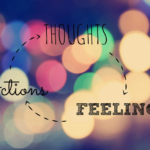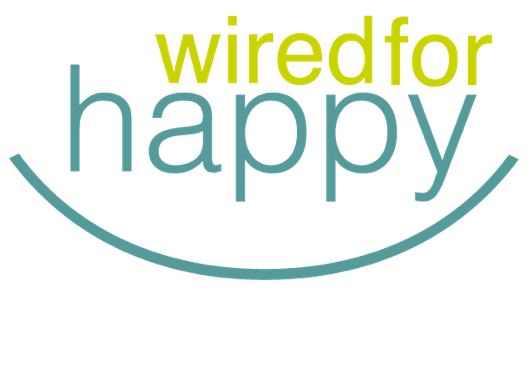“Dear Diary…” When you think of “journaling,” you might envision a teen girl sitting on her bed and pouring her heart and soul into a notebook. You may have been this kid.
But expressive writing is much more.
Journaling is a powerful tool for adults, too. It’s a form of self-expression that can bring words, insight, and understanding to complex feelings and patterns of thinking. It also encourages us to slow down and focus.
Most importantly, expressive writing is about being in a relationship with your mind. It can be tempting to believe your thoughts and feelings own you, or you have little agency over the contents of your mind. The truth is you create your thoughts and only you can uncreate them.
Writing enhances our mental health by easing us into awareness of our unexpressed emotions. This helps us process stressful experiences, and decipher the meanings we attached to these
events.
How Journaling Positively Impacts Mental and Physical Health:
- Boosts mood/affect
- Helps you prioritize your worries
- Brings pain and discomfort into consciousness
- Increases preparation for important events (exam, job interview)
- Shows positive outcomes among medical populations via positive affect journaling (PAJ), an emotion-focused self-regulation intervention
- Reduces intrusive and avoidant thoughts about negative events and improves working memory, according to research published in The Journal of Experimental Psychology, (Vol. 130, No. 3)
Journaling Tips
- Choose a private space free of distractions.
- Write about what feels right for you, which could vary daily.
- Write at least once per day, or when you’re feeling creative or stuck.
- Set an intention: Will this entry be free-flowing (brain dump) or specific to a situation or mood?
- Pay attention to the transition from writing to your next task—you may need time to decompress until you feel balanced.
- Know when you’re feeling emotionally heavy. You may want to write about the feelings, and not necessarily about a traumatic event.
To some, the idea of staring at a blank piece of paper is daunting. If this is you, try a guided prompt to get the words out of your head. Seeing your thoughts outside your mind can be a relief.
Guided Journaling Prompts:
- These 5 words describe me…
- This is how I know I’m stressed…
- Lately, my mind is curious about…
- What I wish others knew about me…
- If my tears could talk, they would say…
- Words which align with my values are…
- This is a list of what behaviors are okay…
- This is a list of what behaviors are not okay…
- One thing I learned about myself this week was…
- When I’m feeling emotionally overwhelmed, I can…
You’re the expert on your life. Start where you are. It’s your story and you can always edit your narrative.
*Article originally posted on psychologytoday.com
© 2021 Linda Esposito, LCSW








